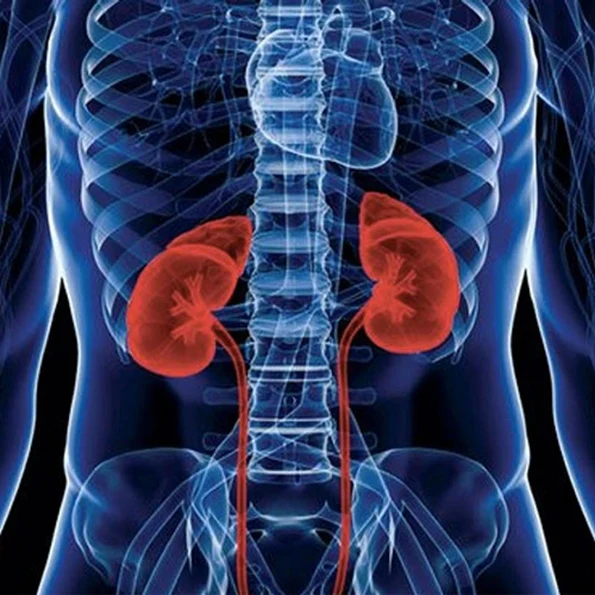1. Surgery Overview
Nephrectomy is a surgical procedure to remove all or part of a kidney. It may be performed to treat kidney cancer, severe kidney damage, or non-functioning kidneys caused by infection or other diseases. There are two main types:
Partial nephrectomy (removal of only the diseased portion of the kidney)
Radical nephrectomy (removal of the entire kidney, and sometimes surrounding tissues or lymph nodes)
The surgery can be done through open or minimally invasive (laparoscopic or robotic-assisted) techniques.
2. Type of Anesthesia
Nephrectomy is performed under general anesthesia to ensure the patient is unconscious and pain-free throughout the procedure.
3. Possible Risks and Complications
Infection
Bleeding
Injury to surrounding organs (intestine, spleen, pancreas)
Blood clots
Urine leakage (in partial nephrectomy)
Reduced kidney function (especially if the other kidney is not healthy)
Hernia at the incision site
4. Hospital Stay Duration
Hospital stay usually ranges from 2 to 5 days for laparoscopic nephrectomy and 5 to 7 days for open surgery, depending on the patient’s condition and type of procedure.
5. Important Post-Operative Care
Follow instructions on wound care and avoid heavy lifting for several weeks
Stay hydrated and maintain a kidney-friendly diet if advised
Monitor for signs of infection, such as fever, redness, or swelling at the incision site
Attend all follow-up appointments to check kidney function and healing
Gradually increase physical activity based on the surgeon’s recommendations
Take prescribed medications, including pain relievers and antibiotics, as directed

